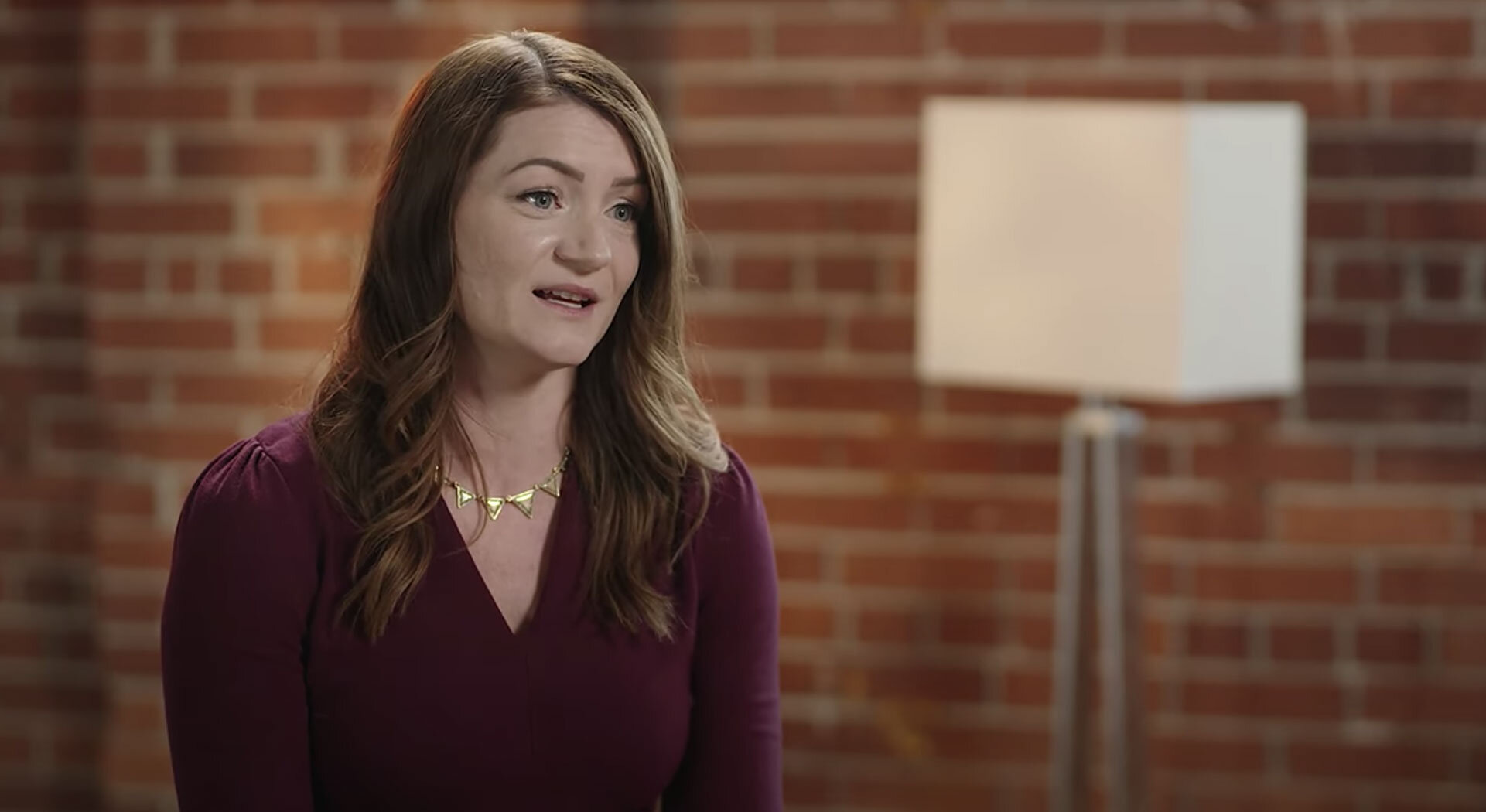
Eating Disorder Treatment:
Why and How to Involve
Families in Recovery
26 MINS
Psychologists May Melnyk and Meisha Kolbuc make the case for including families in eating disorder treatment. They go through strategies for supporting a young person with an eating disorder and discuss the key role siblings can play. You’ll walk away with a clearer understanding of how instrumental families can be to the recovery process.
Audience: Parents & Loved Ones, Health Care Providers
May Melnyk
Clinical Social Worker and Family Counsellor
In more than eight years as a family counsellor at the Calgary Eating Disorder Program with Alberta Health Services., May is proud to have helped many people, families and communities reclaim their lives. She specializes in relational/systemic therapy (meaning she focuses not just on individuals, but on individuals in the context of their relationships). May holds a master’s degree in clinical social work and a post-graduate diploma in couple and family therapy from the University of Calgary.
Meisha Kolbuc
Registered Psychologist and Canadian Certified Counsellor
Since 2012, Meisha has been a family counsellor and program consultant at the Calgary Eating Disorder Program with Alberta Health Services. Her practical and compassionate approach, combined with her ability to work with clients and professionals across the health care system, has helped to improve awareness and understanding of how to support individuals and families through eating disorder recovery. Miesha has participated in numerous research projects related to eating disorder treatment.
Related Topics
Parents Survive to Thrive Guide
A resource guide for parents of a child with an eating disorder, written by parents with lived experience.
Parent/s In Charge Approach
Alberta Health Services put together a guide on how to take a united front as parents against Eating Disorder. Download document
Caring Styles & Responses to the Eating Disorder: Animal Models
For caregivers, a series of light-hearted animal metaphors to explain how these automatic reactions can be unhelpful.





